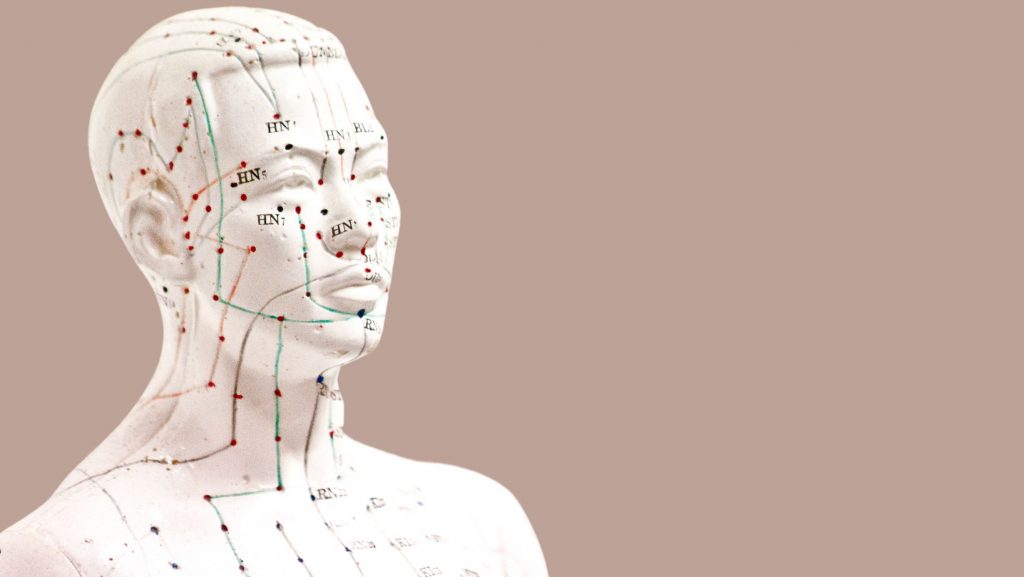Acupuncture for Headaches: Natural Relief
Headaches can range from mild annoyances to debilitating pains, and they often strike when least expected. For many, managing headaches can be a frequent challenge due to stress, hormonal changes, injury and lifestyle. Acupuncture can be a powerful ally in addressing these headaches.

Understanding Headaches Through Chinese Medicine
Traditional Chinese Medicine views headaches as a result of imbalances in the body’s energy, or Qi, and blood flow. Headaches can stem from issues like:
- Qi Deficiency: Weak or stagnant Qi can lead to headaches, often accompanied by fatigue.
- Blood Stagnation: When blood flow is restricted, it can cause sharp, localized pain.
- Yin Deficiency: This involves a lack of cooling fluids in the body, often leading to throbbing or heat-related headaches.
By addressing these underlying imbalances, acupuncture aims to restore harmony and alleviate pain.

How Acupuncture Helps
Acupuncture involves inserting thin needles into specific points on the body to stimulate energy flow and restore balance. Here’s how it helps with headaches:
- Reduces Pain: Acupuncture stimulates the release of endorphins and other neurotransmitters, which act as natural painkillers. This can provide significant relief from headache pain.
- Improves Blood Flow: By targeting specific acupuncture points, we can enhance circulation and alleviate blood stagnation, reducing the intensity and frequency of headaches.
- Balances Energy: Acupuncture helps to harmonize Qi and blood flow, addressing imbalances that contribute to headaches. This holistic approach ensures that the root cause of the headache is treated, rather than just the symptoms.
- Relieves Stress: Stress is a common trigger for headaches, especially tension-type headaches. Acupuncture can help relax the nervous system and reduce stress levels, which can, in turn, decrease the frequency of headaches.

Types of Headaches and Acupuncture Treatment
- Tension Headaches: Often characterized by a dull, aching pain around the forehead or the back of the head, tension headaches are frequently related to stress and muscle tension. Acupuncture can help by relaxing tight muscles, improving blood flow, and reducing stress.
- Migraines: Migraines are severe headaches often accompanied by nausea, vomiting, and sensitivity to light and sound. They can be triggered by various factors, including hormonal changes. Acupuncture for migraines focuses on reducing the frequency and severity of attacks by balancing Qi and blood flow, and addressing any underlying imbalances.
- Cluster Headaches: These are intense, one-sided headaches that occur in clusters over a period of weeks or months. Though less common, acupuncture can provide relief by targeting specific points that help regulate the nervous system and reduce the intensity of these headaches.
- Sinus Headaches: Caused by inflammation or congestion in the sinus cavities, sinus headaches often involve pain in the forehead, cheeks, and around the eyes. Acupuncture can help by reducing inflammation, improving sinus drainage, and alleviating pain.
- Hormonal Headaches: Many women experience headaches related to hormonal fluctuations, such as those occurring during menstruation or menopause. Acupuncture can help by regulating hormonal balance and alleviating related symptoms.
Acupuncture offers a natural, effective approach to managing and alleviating various types of headaches. By addressing the root causes and restoring balance within the body, acupuncture can provide lasting relief and improve overall well-being.



